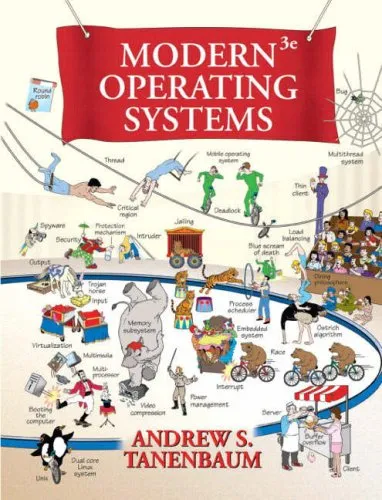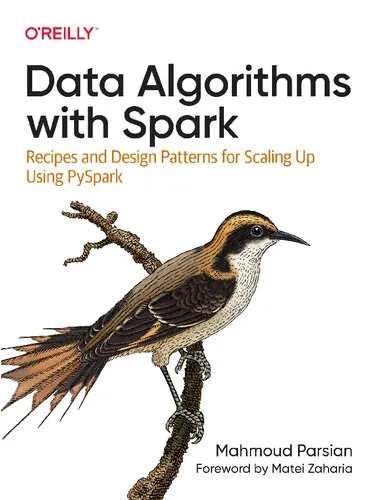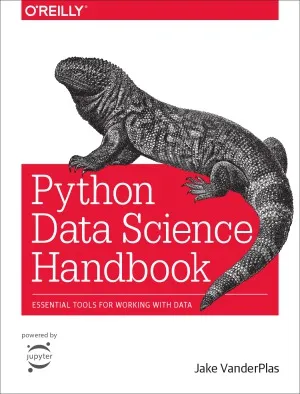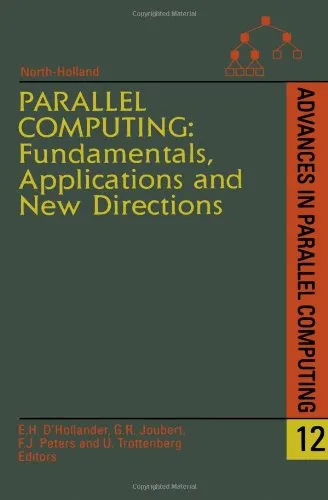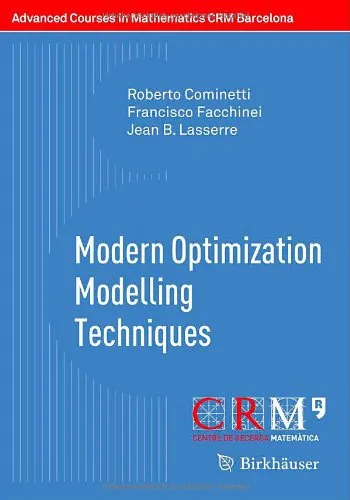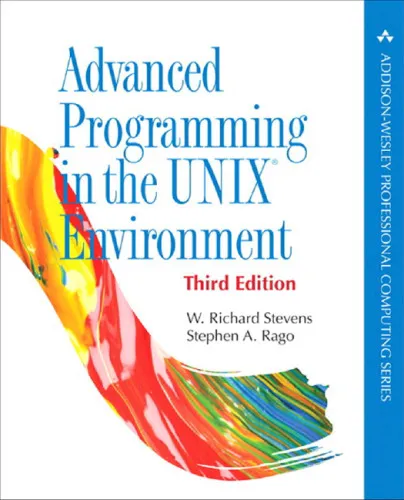Knowledge and Information Systems
4.5
Reviews from our users

You Can Ask your questions from this book's AI after Login
Each download or ask from book AI costs 2 points. To earn more free points, please visit the Points Guide Page and complete some valuable actions.Related Refrences:
Analytical Summary
The work Knowledge and Information Systemspp.327—363 represents a detailed segment of scholarly exploration, focusing on the intersection of knowledge representation, information processing, and system architecture. In this section, authored by Artak Amirbekyan and Vladimir Estivill-Castro, the text engages deeply with theoretical models and practical frameworks for managing and retrieving complex data sets.
This part of the book situates itself at the crossroads of academic rigor and applied research, offering readers a synthesis of methods that bridge raw data with actionable knowledge. Specific attention is given to how database systems and information retrieval mechanisms can be refined for higher efficiency, scalability, and context-aware functionality.
While the broader volume spans multiple dimensions of knowledge systems, pages 327—363 zero in on the methodological layers—examining algorithms, evaluation metrics, and system designs that enable practitioners to tackle real-world information challenges. Through critical analysis and well-supported arguments, the authors create a valuable resource for both theoreticians and implementers in the field.
Key Takeaways
Readers of Knowledge and Information Systemspp.327—363 will come away with a heightened understanding of how to architect systems that can handle the growing complexity and volume of information in modern computational contexts.
You will grasp the nuanced relationship between information retrieval principles and practical database design. The authors emphasize adaptable architectures that scale gracefully under increased load, alongside robust data indexing and querying techniques.
Another key insight is the importance of context in information systems—how metadata and semantic relationships can greatly enhance the relevance and accuracy of retrieval results.
Memorable Quotes
"Effective information systems are those that transform data into decisions with minimal friction." Unknown
"In the era of big data, refining retrieval is as critical as expanding storage." Unknown
"Knowledge without structure is a library without a catalog." Unknown
Why This Book Matters
Knowledge and Information Systemspp.327—363 is more than a technical treatise; it is a gateway for professionals, academics, and graduate students into the nuanced realities of system design and knowledge management.
The section acts as a consolidating reference point for critical theories in information systems studies, linking mathematical formalisms with applicable engineering solutions. While exact publication year data is unavailable due to no reliable public source, the enduring relevance of its content lies in its adaptability to evolving technological landscapes.
This segment empowers decision-makers, developers, and researchers to harness the full potential of integrated knowledge and data architectures in pursuit of accuracy, efficiency, and strategic advantage.
Inspiring Conclusion
In revisiting Knowledge and Information Systemspp.327—363, one inevitably recognizes its critical role in shaping the modern conversation about data and knowledge integration.
This section stands as a meticulously crafted exploration for those determined to master the interplay between structured information and system performance. As a reader, your next step can be to engage with the ideas presented—whether by applying them to your own projects, initiating dialogue among peers, or sharing the insights with your professional network. In doing so, you contribute to expanding the collective understanding of how knowledge systems can evolve to meet tomorrow’s challenges.
Free Direct Download
You Can Download this book after Login
Accessing books through legal platforms and public libraries not only supports the rights of authors and publishers but also contributes to the sustainability of reading culture. Before downloading, please take a moment to consider these options.
Find this book on other platforms:
WorldCat helps you find books in libraries worldwide.
See ratings, reviews, and discussions on Goodreads.
Find and buy rare or used books on AbeBooks.
1395
بازدید4.5
امتیاز0
نظر98%
رضایتReviews:
4.5
Based on 0 users review
Questions & Answers
Ask questions about this book or help others by answering
No questions yet. Be the first to ask!

